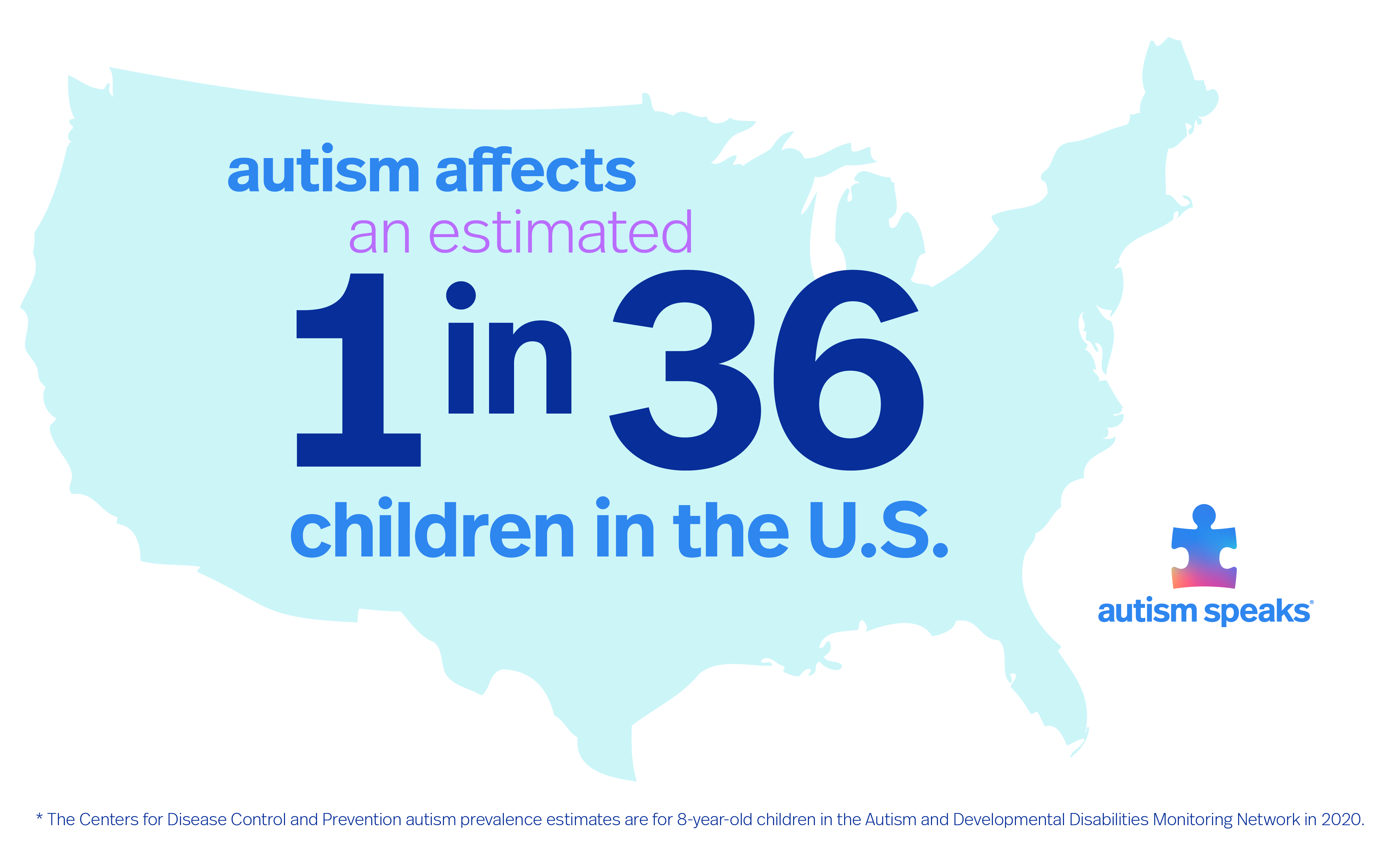Parenting is a rewarding yet challenging journey, and when you’re parenting a child with autism, it brings a unique set of joys and complexities. Autism Spectrum Disorder (ASD) is a neurodevelopmental condition that affects a child’s communication, social interaction, and behavior. As a parent, your role is crucial in supporting your child’s growth and development. In this blog post, we’ll explore some valuable insights and strategies to help you navigate the path of parenting a child with autism.
Understanding Autism
Knowledge is your most powerful tool when parenting a child with autism. Take the time to learn about autism, its characteristics, and the wide spectrum of experiences within the autism community. This understanding will help you better connect with your child and make informed decisions. Autism is not a disease to be cured but a part of your child’s identity. Embrace neurodiversity and celebrate the unique strengths and talents that often accompany autism. Each child’s journey is different, and their abilities should be nurtured and encouraged.

Communication
Children with autism often face challenges in verbal communication. Explore alternative communication methods such as sign language, picture exchange systems, or assistive communication devices to help your child express their thoughts and needs. Visual aids like schedules, social stories, and visual cues can assist in making communication more predictable and understandable for children with autism. These tools can reduce anxiety and improve daily routines.
Sensory Sensitivities
Be Mindful of Sensory Needs: Many children with autism have heightened sensory sensitivities. Pay attention to your child’s sensory triggers and create a sensory-friendly environment. This might involve using noise-canceling headphones, offering sensory toys, or adjusting lighting.
Routine and Structure
Establish Routine: Children with autism often thrive on predictability and routine. Create a structured daily schedule that includes clear transitions and visual cues. This can provide a sense of security and reduce anxiety.
Social Interaction: While social interaction may be challenging for children with autism, it’s essential to support their social development. Encourage peer interactions, playdates, and participation in social skills programs to help your child build social skills gradually.
Practice Patience: Building social skills takes time, so be patient with your child’s progress. Celebrate small victories and provide positive reinforcement for social interactions and attempts at communication.
Advocacy and Support: Seek Professional Guidance: Consult with autism specialists, educators, and therapists who can provide valuable insights and tailored strategies for your child’s unique needs. Early intervention services can make a significant difference in a child’s development.
Connect with the Autism Community: Join local or online support groups and communities of parents with children on the autism spectrum. Sharing experiences, resources, and advice can be incredibly comforting and informative.
Conclusion
Parenting a child with autism can be a rewarding journey filled with love and growth. By understanding autism, fostering effective communication, accommodating sensory sensitivities, providing routine and structure, and seeking professional guidance and support, you can help your child thrive and reach their full potential. Embrace the uniqueness of your child and remember that, with your love and advocacy, they can achieve great things and lead a fulfilling life on their own terms.





